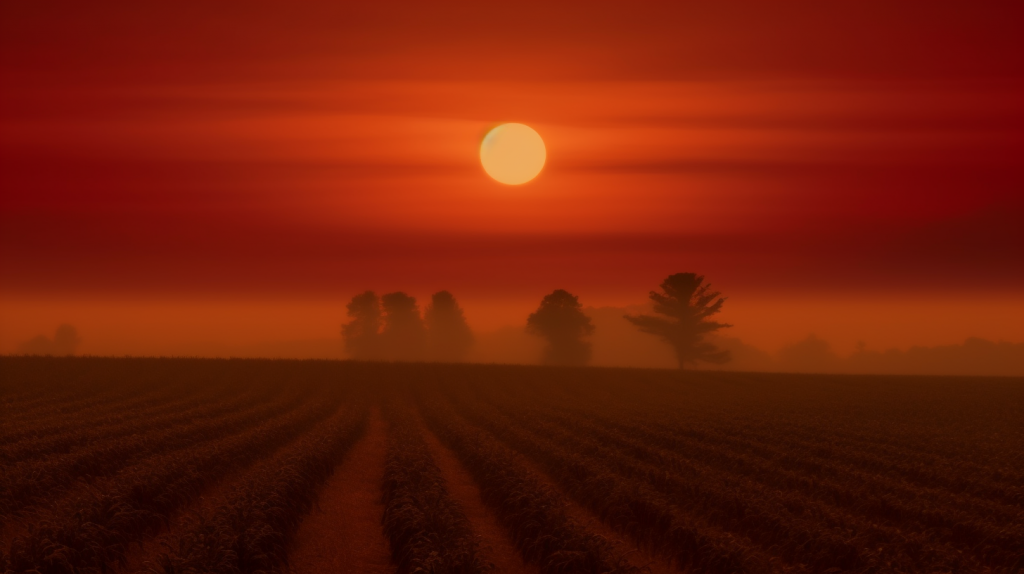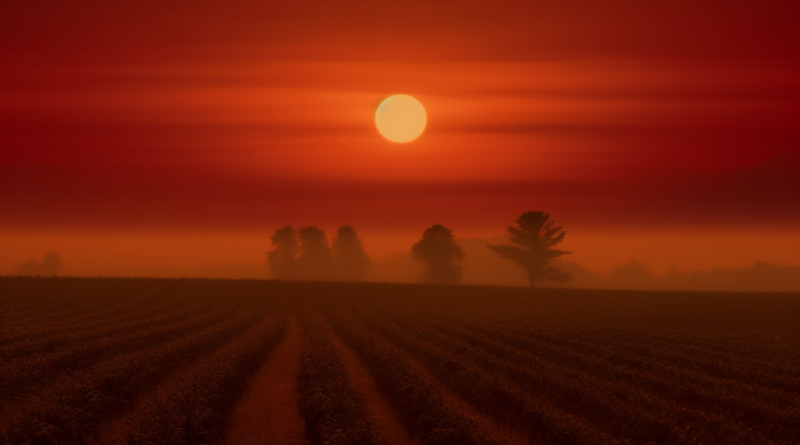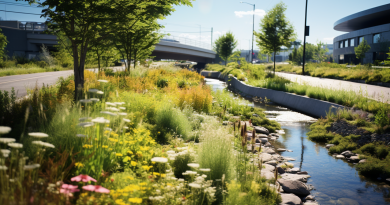Hazy Air, Coughing? Don’t Worry. That’s Just The Latest Apocalypse!
Tuesday morning coffee thoughts. On our long drive back to M*ch*g*n from Pennsylvania/Delaware yesterday, I started reading snippets on the Social Media about people experiencing higher rates of respiratory irritation. It wasn’t, as I had suspected, just some particulate emissions from the local {pick one: underregulated steel mill, underregulated oil refinery, underregulated fossil fuel generating plant, underregulated asphalt plant}. Rather, it was from the latest wildfire out of Alberta. I’m here to tell you that this is going to become an increasingly common thing if we don’t get our act together on this whole climate change thing. Wildfires have complex effects on atmospheric weather systems and on ecosystems. They also are a good example of how the local becomes the global.

The Capital Of Canadian Climate Denialism Is Burning
Alberta has been the epicenter of some horrific wildfires in recent years. This is a tragic irony, given the fact that the province is the seat of Canadian reactionary politics and climate denialism around fossil fuel extraction, namely from the Athabasca tar sands; Fort McMurray, one of the regional centers of oil extraction (whose main claim to fame is just that), was catastrophically damaged in a wildfire in 2016. The situation looks even gloomier when you realize that the impacts of these record-breaking wildfires disproportionately affect indigenous and First Nations communities. While by numbers alone, most indigenous people in Alberta specifically are clustered in the province’s major urban centers, the farther-flung rural areas in which many indigenous people live often suffer disproportionate effects because of a lack of access to resources, among other things.

What We Should Learn From This
This isn’t meant to be simply another doom-and-gloom article. You can read those all day. I’ve also gotten plenty of doom-and-gloom from a book edited and partially written by Greta Thunberg, which attempts to use climate science as a justification for reining in late capitalism (I’ll write a review of this later once I finish as it’s an informative read, but I think that the angle is just a bit obtuse).
The point, rather, is that we do know what carbon dioxide does in the atmosphere– and many other hydrocarbon greenhouse gases, which I’ve written about in the past– but we don’t entirely understand the effects of particulate emissions in many areas, beyond that they create beaucoup health problems. Wildfires have a complex effect in that they reduce the ability of forests to absorb carbon. Obviously, the effects of smoke are bad for human health, but they may in some cases temporarily mitigate the effects of warming by reflecting sunlight in the atmosphere. This explains some of the paradoxical angles of why climate change isn’t simply “global warming,” because the warming is not uniform, but more disruptive, and the effects are both local, regional, and global, sometimes in completely different ways.
Understanding the interconnectedness of these systems– how terrible AQI numbers from Alberta wildfires will eventually translate to terrible AQI numbers in the east and Midwest, whether we’re talking about the Canadian maritime provinces or the Midwestern United States- is absolutely vital for us to understand how to address climate impacts by the old maxim to think globally and act locally.


